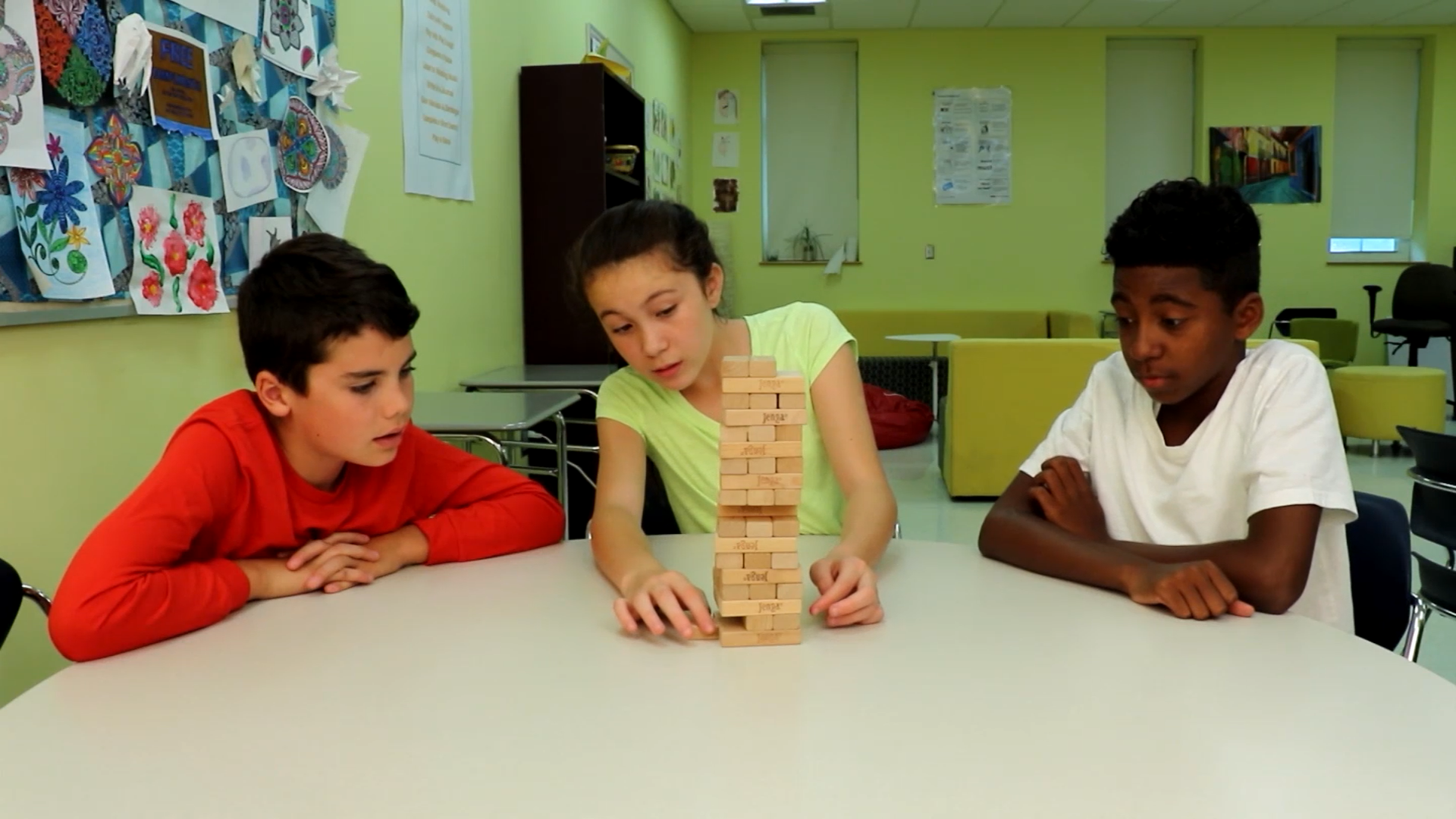
In this blog post, we will be discussing a crucial aspect of Social-Emotional Learning – teaching elementary students the importance of following rules and promoting fair play in games. Educators can use the activity and discussion questions provided to help students understand why rules are essential and how to develop a sense of fairness and sportsmanship.
Introduction
Playing games is a fun way for children to learn and practice essential social skills. When students engage in games, they are not only learning how to follow rules but also developing their sense of fairness, cooperation, and sportsmanship. It is vital for educators to teach students the importance of respecting the rules and playing fairly, as it helps create a positive and enjoyable environment for everyone involved.
No-Prep Activity
This activity requires no preparation or materials from the educator. It aims to help students understand the significance of following rules and playing fairly during games.
- Divide the students into small groups of 3-4 members.
- Ask each group to come up with a simple game that they can play together. The game should have a clear set of rules that everyone can understand and follow.
- Once the groups have created their games, give them 10-15 minutes to play together. Encourage the students to pay attention to the rules and ensure that everyone is playing fairly.
- After the game, gather the class together and ask them to share their experiences. Discuss how following the rules and playing fairly made the game more enjoyable for everyone involved.
Discussion Questions
Use these questions to stimulate further discussions about the importance of following rules and playing fairly in games:
- Why do you think it is essential to follow the rules when playing games?
- How does it make you feel when someone does not follow the rules or play fairly during a game?
- What can you do to ensure that everyone is following the rules and playing fairly in a game?
- How can following the rules and playing fairly help build friendships and strengthen bonds among classmates?
- Can you think of a time when you had to remind someone to follow the rules or play fairly? How did you handle the situation?
Related Skills
Teaching students the importance of rule following and fair play in games can also help them develop other relevant skills, such as:
- Cooperation and teamwork
- Communication and active listening
- Problem-solving and conflict resolution
- Empathy and understanding the feelings of others
Next Steps
Now that you have learned about the importance of rule following and fair play in games, we encourage you to explore more activities and resources that can help students develop their social-emotional skills. Sign up for free samples of these resources and others at Everyday Speech. By incorporating these materials into your teaching, you can help students build a strong foundation of social-emotional skills that will benefit them throughout their lives.

